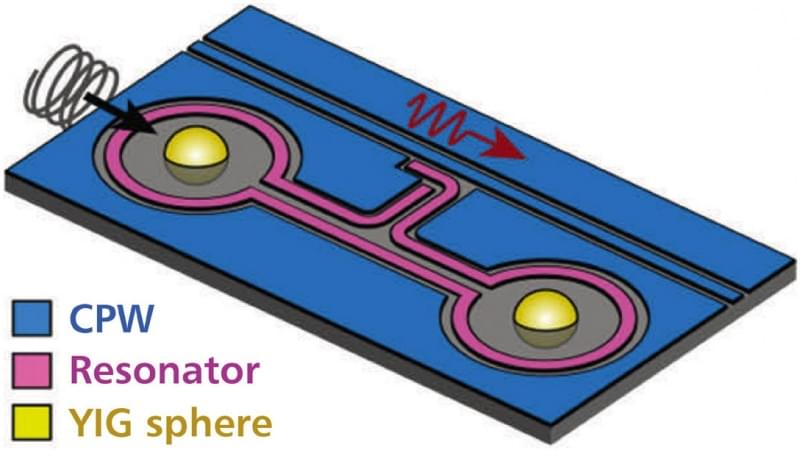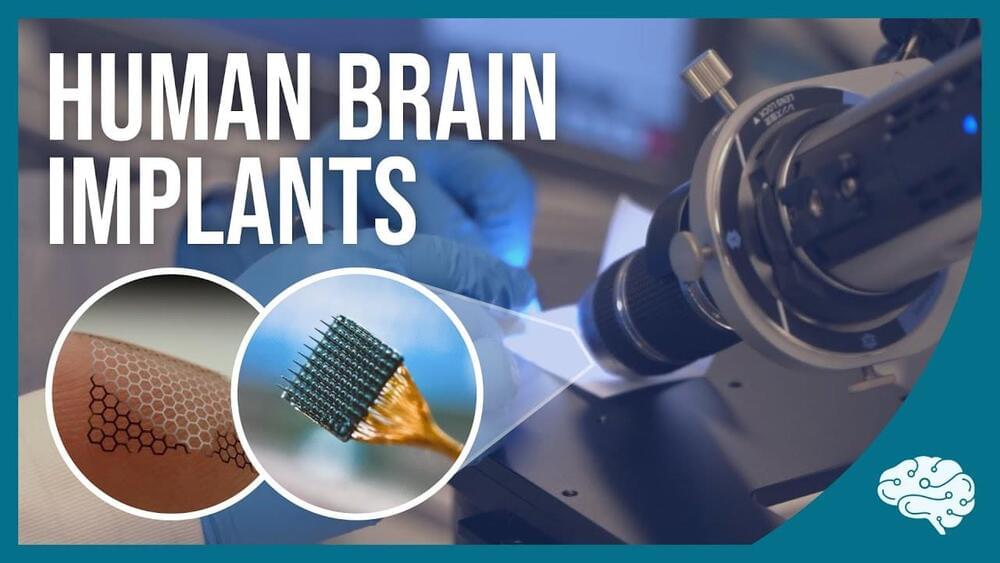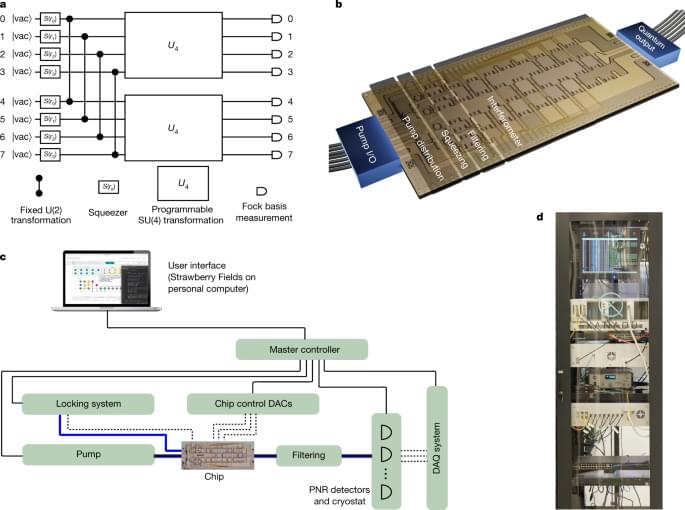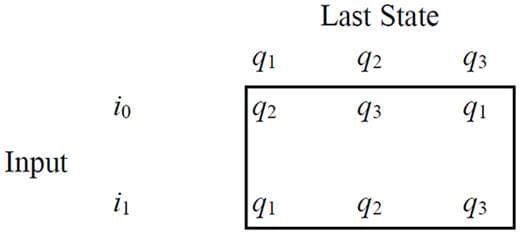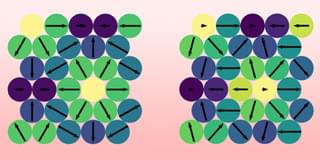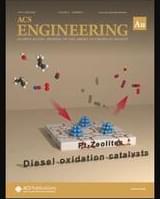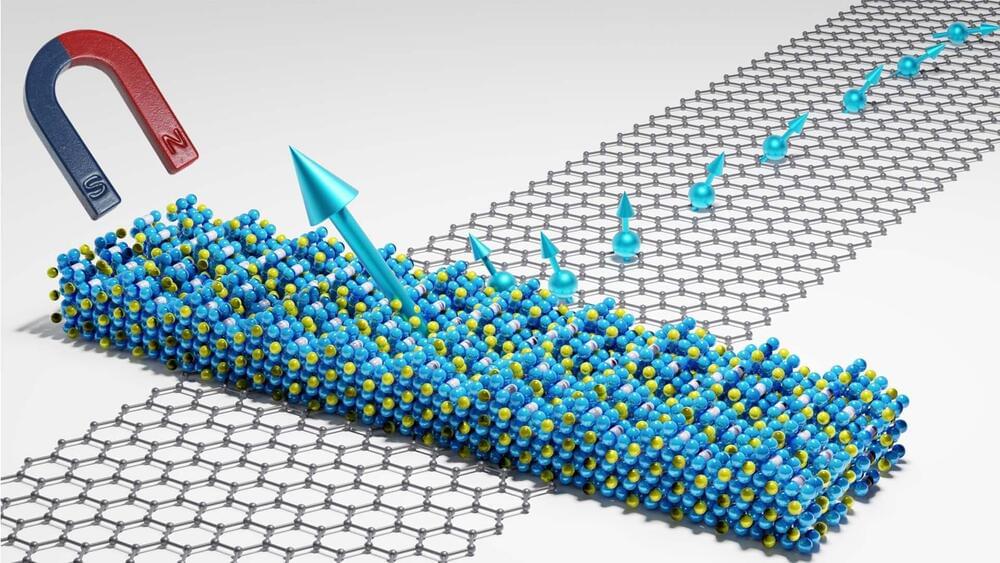
The discovery of new quantum materials with magnetic properties could pave the way for ultra-fast and considerably more energy-efficient computers and mobile devices. So far, these types of materials have been shown to work only in extremely cold temperatures. Now, a research team at Chalmers University of Technology in Sweden are the first to make a device made of a two-dimensional magnetic quantum material work in room temperature.
Today’s rapid IT expansion generates enormous amounts of digital data that needs to be stored, processed, and communicated. This comes with an ever-increasing need for energy—projected to consume more than 30% of the world’s total energy consumption by 2050. To combat the problem, the research community has entered a new paradigm in materials science. The research and development of two-dimensional quantum materials, that form in sheets and are only a few atoms thick, have opened new doors for sustainable, faster and more energy-efficient data storage and processing in computers and mobiles.
The first atomically thin material to be isolated in a laboratory was graphene, a single atom-thick plane of graphite, that resulted in the 2010 Nobel Prize in Physics. And in 2017, two-dimensional materials with magnetic properties were discovered for the first time. Magnets play a fundamental role in our everyday lives, from sensors in our cars and home appliances to computer data storage and memory technologies, and the discovery opened for new and more sustainable solutions for a wide range of technology devices.
